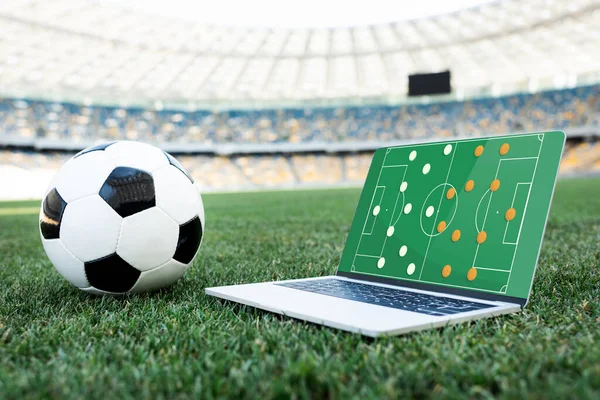
HOW DO TIPSTERS MAKE PREDICTIONS ON SOCCER GAMES?
Professional soccer tipsters make predictions on soccer games by utilizing a combination of in-depth research, analysis, statistical modeling, and their expertise in the sport.
Here’s a breakdown of the typical process tipsters use to make predictions:
Research and Data Gathering:
Tipsters start by gathering a vast amount of data and information related to the teams, players, and matches they plan to analyze. This includes historical match data, team statistics, player performance data, injury reports, and more.
Team and Player Analysis:
They conduct a thorough analysis of the teams involved in the match. This includes studying their recent form, home and away performance, head-to-head records, goal-scoring and conceding statistics, playing style, and any recent changes in the team, such as new signings or coaching changes.
Injury and Suspensions:
Monitoring injury reports and player suspensions is crucial. Injuries to key players can have a significant impact on a team’s performance, and tipsters take this into account when making predictions.
Weather and Pitch Conditions:
Tipsters consider external factors like weather conditions and the condition of the playing surface. Rain, wind, or extreme temperatures can influence match outcomes.
Motivation and Context:
They analyze the context and motivation behind each match. Factors like the importance of the game (e.g., league position, cup competition), rivalries, and recent team performance can influence how teams approach a match.
Historical Trends and Patterns:
Tipsters examine historical trends and patterns in teams’ performances and in head-to-head matchups. Some teams may consistently perform well against certain opponents, and this can inform predictions.
Statistical Models and Algorithms:
Many professional tipsters use statistical models and algorithms to process the data and generate predictions. These models may incorporate various statistical indicators and past performance data to calculate probabilities for different outcomes.
Market Analysis:
Tipsters also analyze the betting market to identify discrepancies between their predictions and the odds offered by bookmakers. They look for value bets where the bookmaker’s odds underestimate the true probability of an outcome.
Expertise and Intuition:
Experienced tipsters often rely on their knowledge of the sport, intuition, and an understanding of factors that may not be quantifiable. This expertise can help them make nuanced predictions.
Continuous Monitoring:
Tipsters often continue to monitor developments leading up to a match, including late team news, changes in odds, and market sentiment. They may make last-minute adjustments to their predictions based on new information.
Transparency and Accountability:
Many professional tipsters maintain transparent records of their past predictions and performance. This allows them to be accountable for their advice and helps bettors assess their credibility.
It’s important to note that even professional tipsters can’t guarantee accurate predictions for every match. Sports events can be unpredictable, and unexpected factors can influence outcomes.
Tipsters aim to provide informed advice that gives bettors an edge over the long term, but there are no guarantees in sports betting. Bettors should always gamble responsibly and consider tipster predictions as one of several factors in their betting decisions.